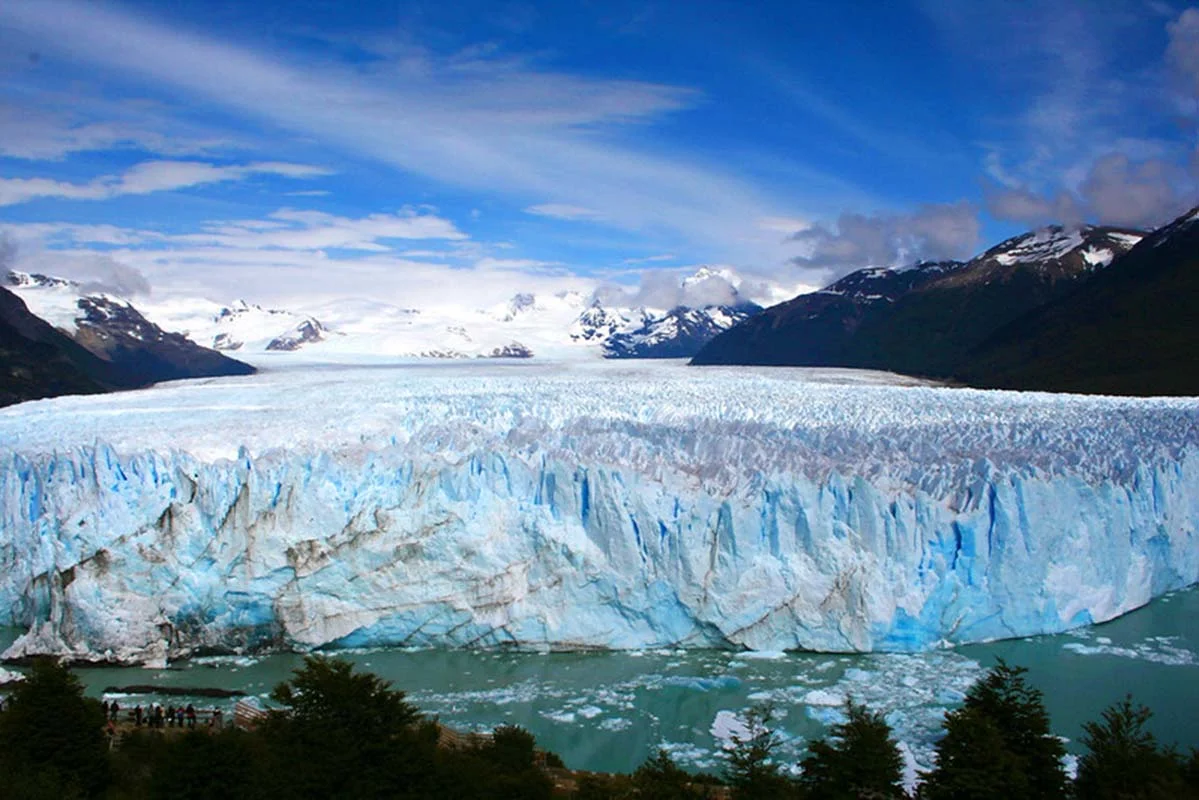
Post breakthrough: How AI can lift climate research out of the lab and into the real world | Travel News
The global focus on technology's role in addressing the climate crisis is intensifying. Scientists and technologists worldwide are driving breakthroughs in climate adaptation and mitigation, buoyed by recent progress from improved weather forecasting to industrial decarbonization. Yet, historical trends remind us that we often underestimate the pace of scientific and technological advancement, suggesting more breakthroughs are on the horizon.
However, simply achieving breakthroughs isn't enough. Solving the climate crisis requires translating scientific and technological advancements from the lab to practical applications in the real world. This means focusing not just on pure research and development, but also on downstream aspects like product prototyping, localization, and engaging users effectively.
Artificial Intelligence (AI), particularly Generative AI (GenAI), has expanded possibilities in this regard. It can organize vast, unstructured Earth data and downscale global models to local levels, crucial for applications like wildfire prediction in data-scarce regions. Moreover, AI-powered interfaces, akin to GPT models, could simplify complex climate data, making it accessible to a broader audience and fostering trust in climate projections.
In terms of technology development, AI accelerates the prototyping phase, speeding up the introduction of critical climate solutions such as advanced materials for energy storage and resilience against extreme weather. Despite challenges like computational complexity, AI's potential for innovation in climate-related sectors remains promising.
To harness these potentials, an ecosystem approach is essential, akin to successful initiatives in open-source development and environmental conservation. Building such ecosystems, where diverse stakeholders collaborate and share data openly, can maximize AI's impact in tackling climate challenges effectively. Initiatives like the World Economic Forum’s Tech for Climate Adaptation are pivotal in fostering this collaborative environment and advancing AI's role across the innovation cycle, from research and development to practical implementation in addressing climate change.